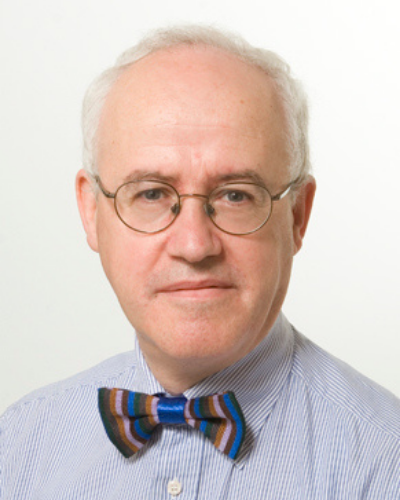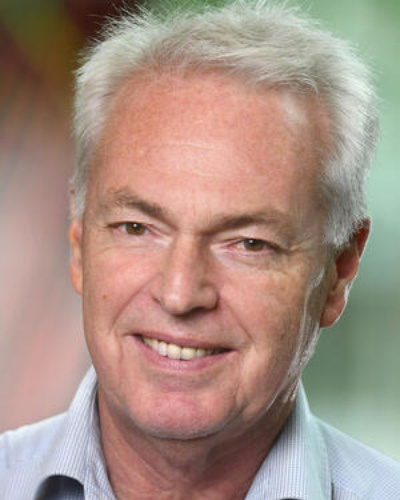The History Committee
The activities of History Committee falls within the following areas:
- Promote and protect the heritage of brain sciences globally, with the Global Brain Museum project
- Foster discussions on the history of neuroscience, with a focus on the history of the 20th century, through seminars, organised in collaboration with neuroscience institutes throughout Europe
- Developing resources to document the history and development of neuroscience, through the History of Neuroscience Online Projects and the organisation of a History Corner at major FENS meetings
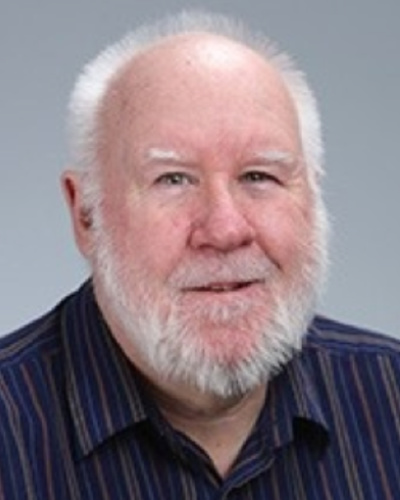
Richard Brown , Canada
Member
2018-2022
Richard Brown was born in Victoria, BC, Canada and received a BSc (Honours) from the University of Victoria, an MA and PhD in Psychology and Physiology from Dalhousie University and was a Post-Doctoral Fellow in Zoology at Oxford University. Since 1978, he has been a professor in Psychology and Neuroscience at Dalhousie University in Canada. His research has been on the behaviour of rats and mice and over the years this has encompassed studies on sexual behaviour, olfaction, social behaviour, ultrasonic vocalizations, and on development and aging. They are currently examining sensory, motor, cognitive and affective behaviour over the lifespan of mouse models of Alzheimer’s disease and Autism Spectrum Disorder. He has taught IBRO courses in neuroscience in Kenya, Nigeria, Uganda and Cameroon since 2003 and have a long-standing interest in the history of neuroscience. I have published over 200 papers and two books (Social odours in mammals (1985) and An Introduction to Neuroendocrinology (1994; 2015)). He has published a number of papers on the history of neuroscience and have served on the FENS History committee since 2014. He has supervised over 270 research students in his lab (BSc, MSc, PhD, and PDF) as well as many visiting scientists.
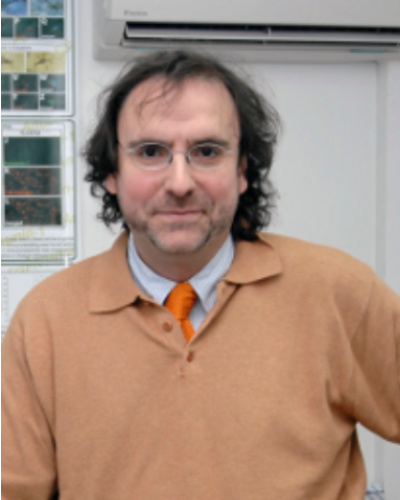
Fernando Castro , Spain
Chair
2020-2022
Born in 1967 in Madrid (Spain), Fernando de Castro got his M.D. at the Univ. Complutense (Madrid) in 1991, and his Ph.D. in Neuroscience at the Univ. of Alicante (Spain) in 1996. He has worked in Developmental Neurobiology in France, the USA and Italy. Principal Investigator since 2003, Fernando de Castro got a permanent position as Spanish Research Council/CSIC Staff Scientist in 2008, and directs his laboratory at the Instituto Cajal-CSIC (Madrid). His main current research lines are devoted to oligodendrogliogenesis, myelination, demyelination and remyelination in Multiple Sclerosis. Other research lines are the development of the olfactory system (including related diseases like Kallmann síndrome) and the History of Neuroscience. In this latter sense, he is current member of the Committee on the History of Neuroscience of the Spanish Society for Neuroscience-SENC (since 2015) and Chairperson of the History Committee of FENS since 2020.
In the past, Fernando de Castro has been elected member of the Board of Directors of SENC, the Network for European Neuroscience Schools-NENS Committee of the Federation of European Neuroscience Societies-FENS, the Spanish Olfactory Network-ROE and the Spanish Network on Glia-RGE. Currently, he is member of the Programs Committeee of SENC (2017-2021), and founder member of the International Cajal Legacy Group. He has been just elected President of the Spanish Network on Glia-RGE.
He has published more than 75 scientific papers, has been the editor and/or author of 3 scientific books and registered 6 patents (4 of them extended as international PCTs) and has directed 8 PhD thesis.
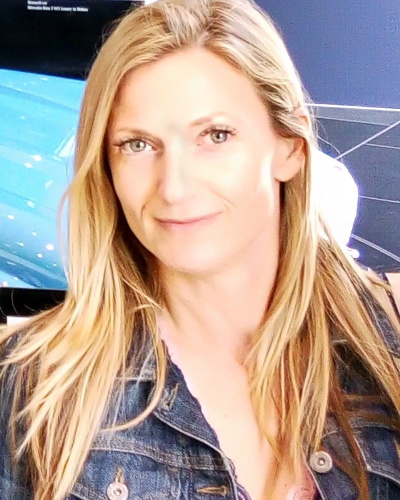
Zeljka Krsnik, Croatia
Member
2020-2022
Zeljka Krsnik is appointed as an Associate Professor of Neuroscience at the Department of Neuroscience of the University of Zagreb, Head of the Laboratory for Neurogenomics and Head of Laboratory for Digitalization of the Zagreb Brain Collection, as well as Assistant Director of Croatian Institute for Brain Research. Her research focuses on the fundamental issues of the genetic and cellular mechanisms of the human cerebral cortex development. She finished postdoctoral training at Yale University and was a member of the BrainSpan Consortium in 2011. In 2013 she was awarded with the International Brain Research Organization (IBRO) Return Home Fellowship Award and was a chair of the IBRO Alumni Committee. Currently she chairs the Young IBRO Committee and is a member of the ALBA Network board of directors, IBRO Executive Committee, as well as a Committee member for Neuroscience and Brain Disease at the Croatian Academy of Sciences and Arts.
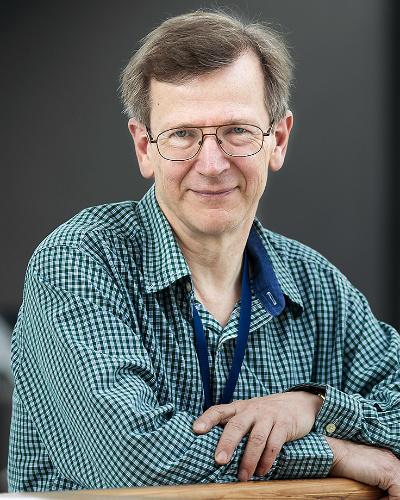
Pertti Panula , Finland
Member
2020-2022
Pertti Panula is Professor of Biomedicine at University of Helsinki since 2000. He was Professor of Cell Biology at the Abo Akademi University 1992-2000, and prior to this Fellow of the Academy of Finland. From 1981 to 1983 he was Fogarty Fellow at the NIMH (Dr. Erminio Costa). He was elected to Finnish Society of Sciences and Letters in 1995, and Finnish Academy of Sciences and Letters in 2014. He is Knight, First Class, of the White Rose of Finland 2015.
Dr. Panula identified the histaminergic neurons in the brain using a novel method he developed during the postdoctoral period. These neurons play major roles in alertness and maintenance of the wake state. His studies on histamine H3 receptor revealed that antagonists of this receptor decrease alcohol intake in several rodent models and alcohol-induced place preference, suggesting that these drugs may be useful in treating alcohol use disorder. His other contributions include revealing the roles of RF-amide neuropeptides. He has established a multidisciplinary zebrafish neuroscience laboratory and studied particularly aminergic mechanisms in brain functions and disorders.

